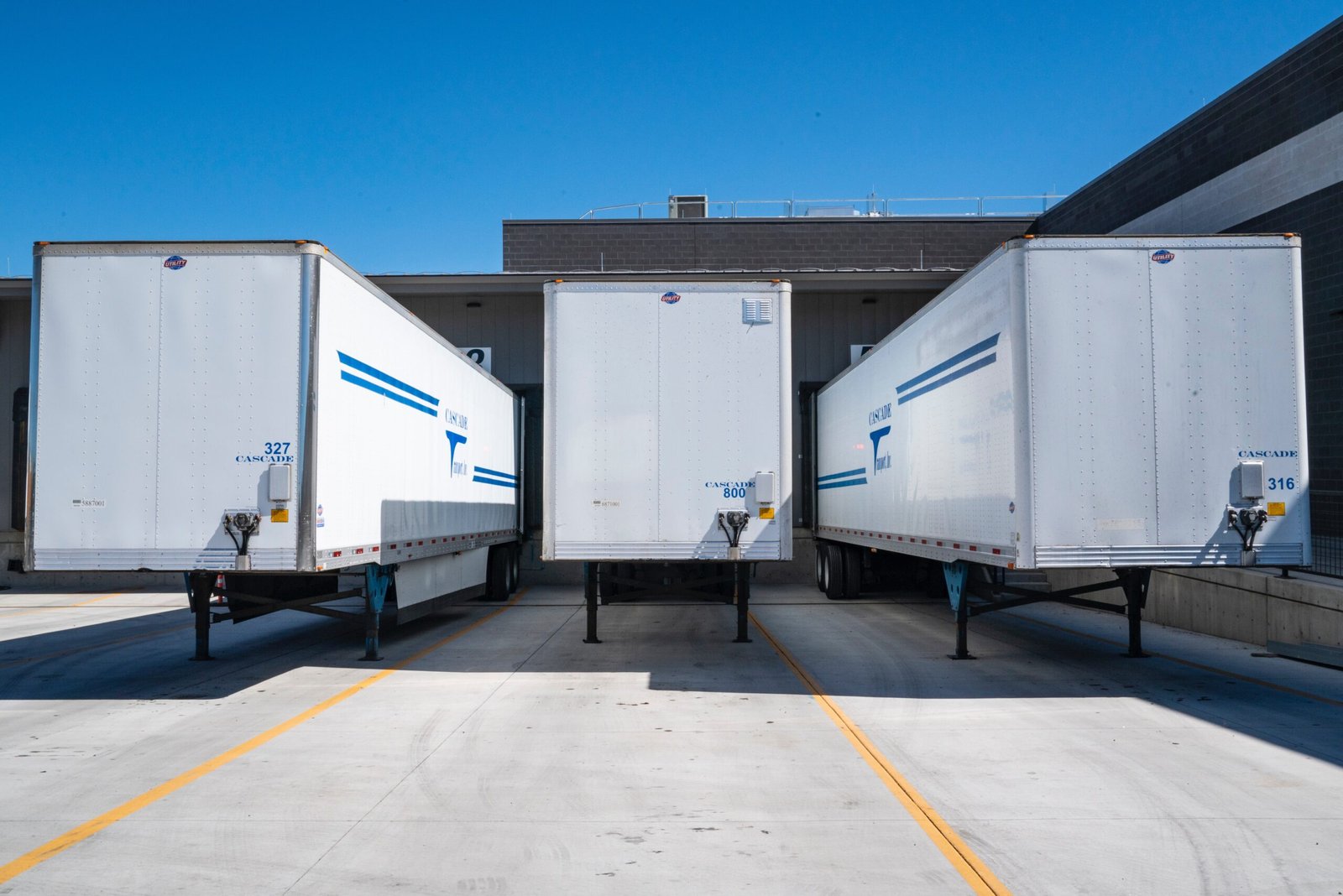Unlocking Success: The Crucial Role of Warehouse Management Systems in Last Mile Logistics

In the changing world of online shopping and scale global shipping businesses are always looking for ways to improve how they operate, increase productivity and make their customers happier. One area that has become particularly important is the stage of delivering products to customers, known as ” mile logistics.” This part often comes with its set of challenges. It can be quite expensive for companies to manage.
This article delves into the imperative of integrating logistics technology, particularly Warehouse Management Systems (WMS), within business operations to effectively tackle the intricate nuances of last-mile logistics. WMS empowers companies to optimize inventory management, streamline order fulfillment, and orchestrate the precise orchestration of deliveries, ultimately resulting in cost savings, improved customer service, and a competitive edge in the contemporary market characterized by ever-increasing consumer expectations and fierce competition.
Understanding the Last Mile Challenge
The Crucial Conundrum
The final stage of the delivery process even though it involves traveling distances is often the most time-consuming, expensive, and complex. Businesses face difficulties such as traffic congestion, unpredictable delivery schedules, and the requirement for real-time monitoring to guarantee a punctual handover of products to customers.
Rising Consumer Expectations
In this era of e-commerce behemoths, like Amazon customers have developed a desire for deliveries sometimes even within a matter of hours. Being able to meet these expectations can be a factor for businesses, in today’s competitive market.
Environmental Concerns
Last-mile deliveries also contribute significantly to carbon emissions due to multiple small-scale deliveries. Sustainable practices are becoming increasingly important for both consumers and regulatory bodies.
The Role of Warehouse Management Systems (WMS)
A Technological Lifesaver
Warehouse Management Systems (WMS) have become a technological lifeline for businesses contending with the complexities of last-mile logistics. These advanced software solutions deliver a wide range of invaluable benefits.
Inventory Optimization
Warehouse management systems (WMS) enable businesses to enhance their inventory management by offering up-to-date information on stock levels. This helps minimize the chances of having too little inventory ensuring that products are always accessible, for efficient last-mile delivery.
Route Optimization
Efficient route planning is paramount in last-mile logistics. WMS utilizes algorithms to determine the most efficient delivery routes, reducing travel time, fuel consumption, and costs.
Enhanced Visibility
WMS offers a way to see and understand the supply chain instantly. This level of transparency enables businesses to keep tabs on shipments, oversee driver conduct, and promptly handle any problems that might emerge.
Scalability and Flexibility
As businesses expand their logistics requirements change over time. Warehouse management systems (WMS) offer scalability and the ability to adjust to evolving needs making them a worthwhile long-term investment.
The Impact on Business Success
Improved Efficiency
Streamlined last (WMS), lead to swifter deliveries, decreased operational expenses, and heightened customer contentment. Companies embracing WMS often witness a substantial enhancement in their overall financial performance.
Competitive Advantage
In a market where customers have numerous options to choose from, companies that can provide speedy and dependable deliveries gain a considerable edge over their competitors. Warehouse Management Systems (WMS) play a role in enabling businesses to stay ahead of the changing trends and demands.
Conclusion
In conclusion, tackling the last mile logistics challenge is undeniably formidable, yet it stands as a pivotal battleground where businesses can truly set themselves apart. In today’s landscape, embracing logistics technology, specifically Warehouse Management Systems (WMS), is not just a choice but a vital necessity. WMS equips businesses with the tools needed to finely tune their operations, successfully cater to the ever-increasing consumer demands, and play a pivotal role in shaping a more environmentally sustainable future.
For businesses dedicated to delighting customers with doorstep deliveries, contemplating an investment in a Warehouse Management System (WMS) holds immense value. Such a strategic move could very well be the key to triumph in last-mile logistics. With WMS, you can streamline operations, enhance efficiency, and elevate the overall customer experience, making it a pivotal step toward achieving lasting success in this competitive landscape.
